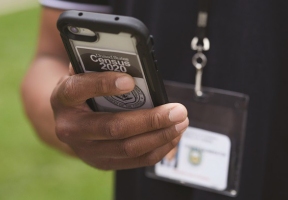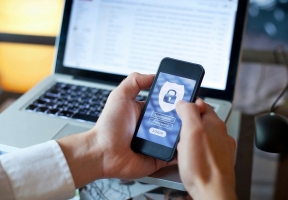

Phishing is a criminal act in which someone tries to get your information by pretending to be an entity that you trust. Phishing emails often direct you to a website that looks real but is fake—and may be infected with malware. A key way to identify scam websites is to look at the website address. All valid Census Bureau websites will always have “.gov” at the end. 2020census.gov provides key information about the 2020 Census and how to respond. My2020census.gov is the direct website address you can use to respond to the 2020 Census online. 2020census.gov will also direct you to my2020census.gov to respond.
Further, during the 2020 Census, the Census Bureau will never ask for:
• Your Social Security number.
• Your bank account or credit card numbers.
• Anything on behalf of a political party.
• Money or donations.
In addition, the Census Bureau will not contact you on behalf of a political party.
The Census Bureau will not send unsolicited emails to request your participation in the 2020 Census. However, the Census Bureau may contact you via email to request your participation in other ongoing surveys:
• If you have been selected to participate in the Household Pulse Survey, you will be contacted by COVID.survey@census.gov or by text message from 39242.
• If you have been selected to participate in the Small Business Pulse Survey, you will be contacted by econ.pulse@census.gov.
• If you have previously opted in to participate in Census Bureau research studies, you may be contacted by census@subscriptions.census.gov.











